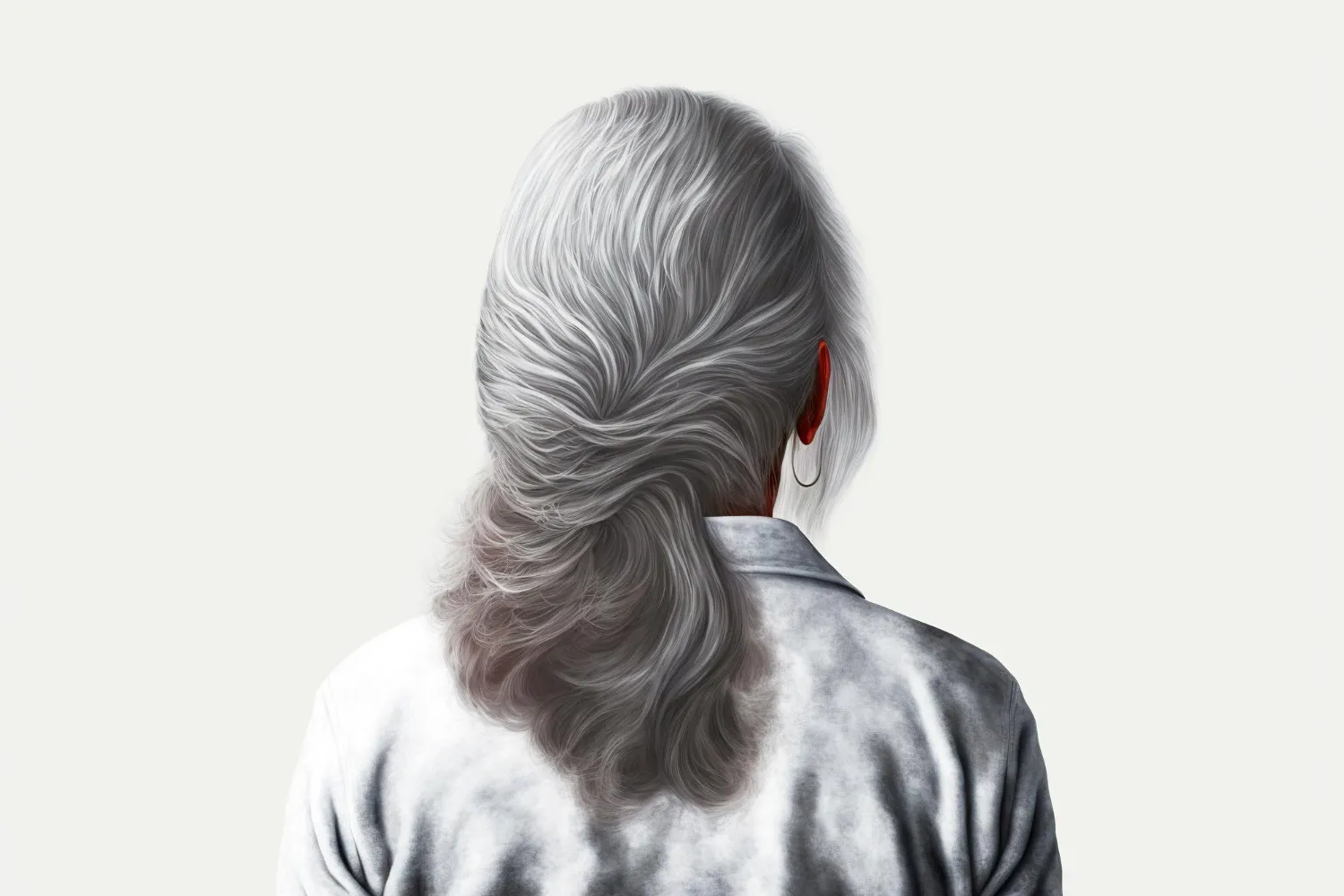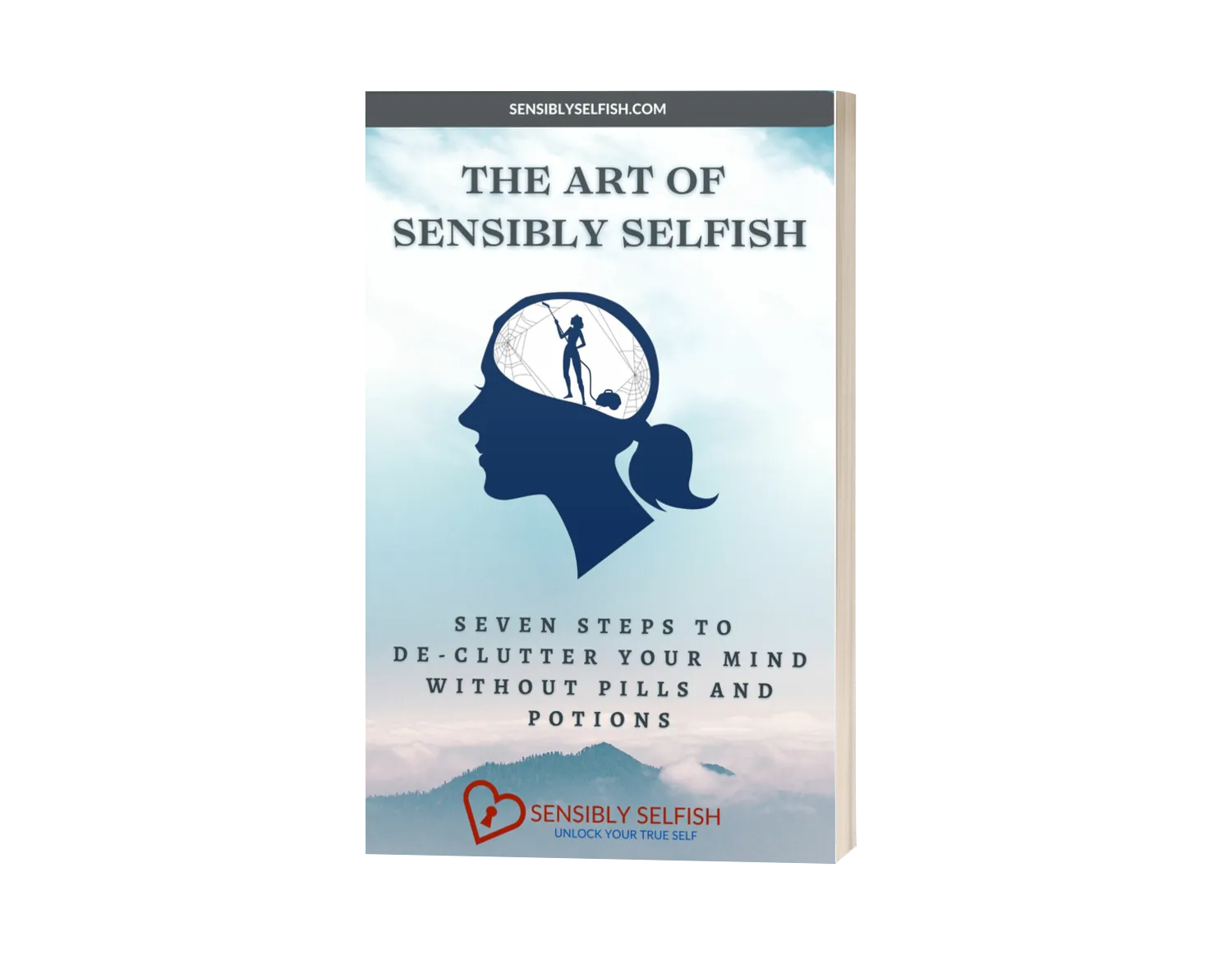The Vitality of Sunshine
Are You Missing Out on the Power of Vitamin D?

[Toc]
Have you ever experienced unexplained fatigue, muscle weakness, or joint pain, especially as you age? Do you know that shifts in mood or cognitive function could be linked to inadequate levels of a crucial nutrient and not menopause? Are you aware of the subtle signs that your body might be sending, indicating a potential deficiency in this vital vitamin?
If these questions have you nodding, this post is for you. Please read to the end and use the information to guide you to your true Sensibly Selfish self.
What is Vitamin D?
Vitamin D is often referred to as the "sunshine vitamin" for good reason. It plays a crucial role in maintaining overall health and well-being. This powerhouse vitamin is not just about strong bones; it's a key player in immune function and mood regulation.
As we age, the significance of Vitamin D becomes even more pronounced. For women over 45, understanding this vital nutrient is essential, especially in the context of menopause. It's a nutrient that can make a difference in this transformative phase of life.
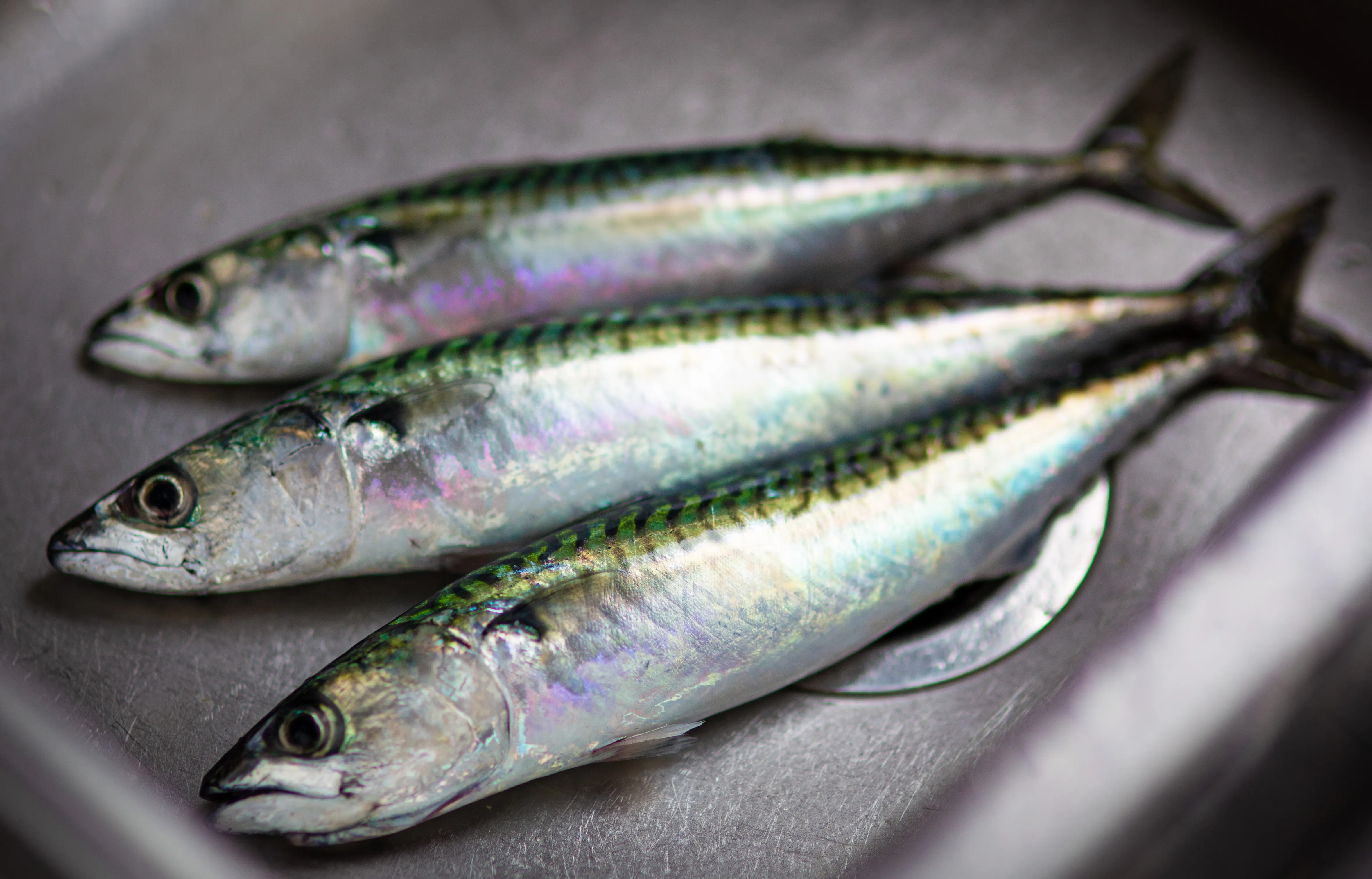
Sources of Vitamin D
Finding natural sources of Vitamin D isn't as difficult as it may seem. The sun is perhaps the most accessible source. A mere 15 to 20 minutes of sun exposure on your skin (without sunscreen) a few times a week can give you a substantial boost. However, factors like climate and lifestyle can impact how much sun you're getting.
Fatty fish, like salmon and mackerel, are also excellent sources. They provide a healthy dose of Vitamin D and deliver heart-healthy omega-3 fatty acids. Certain foods are manufactured fortified with Vitamin D, such as milk, orange juice, and cereals.
Yet, for women over 45, diet and sunlight may not be enough. Factors like dietary restrictions and medical conditions can hinder absorption. That's why it's crucial to be proactive about your Vitamin D intake. A simple blood test can tell you where your levels are.
Supplementing with Vitamin D
For many women over 45, especially those with specific dietary restrictions or limited sun exposure, supplementation can be a crucial part of maintaining optimal Vitamin D levels.
When considering supplements, it's important to consult with a healthcare professional who can assess your individual needs. They can recommend the appropriate dosage based on factors such as your current Vitamin D levels, lifestyle, and any existing health conditions.
It's worth noting that not all supplements are created equal. Look for high-quality options that provide Vitamin D3, the most bioavailable form. Additionally, consider supplements that also include Vitamin K2, a nutrient that works synergistically with Vitamin D to support bone health.
Remember, supplements are meant to complement a balanced approach to Vitamin D intake, not replace it. They can be a valuable tool in your toolkit for achieving and maintaining optimal levels of this vital nutrient.
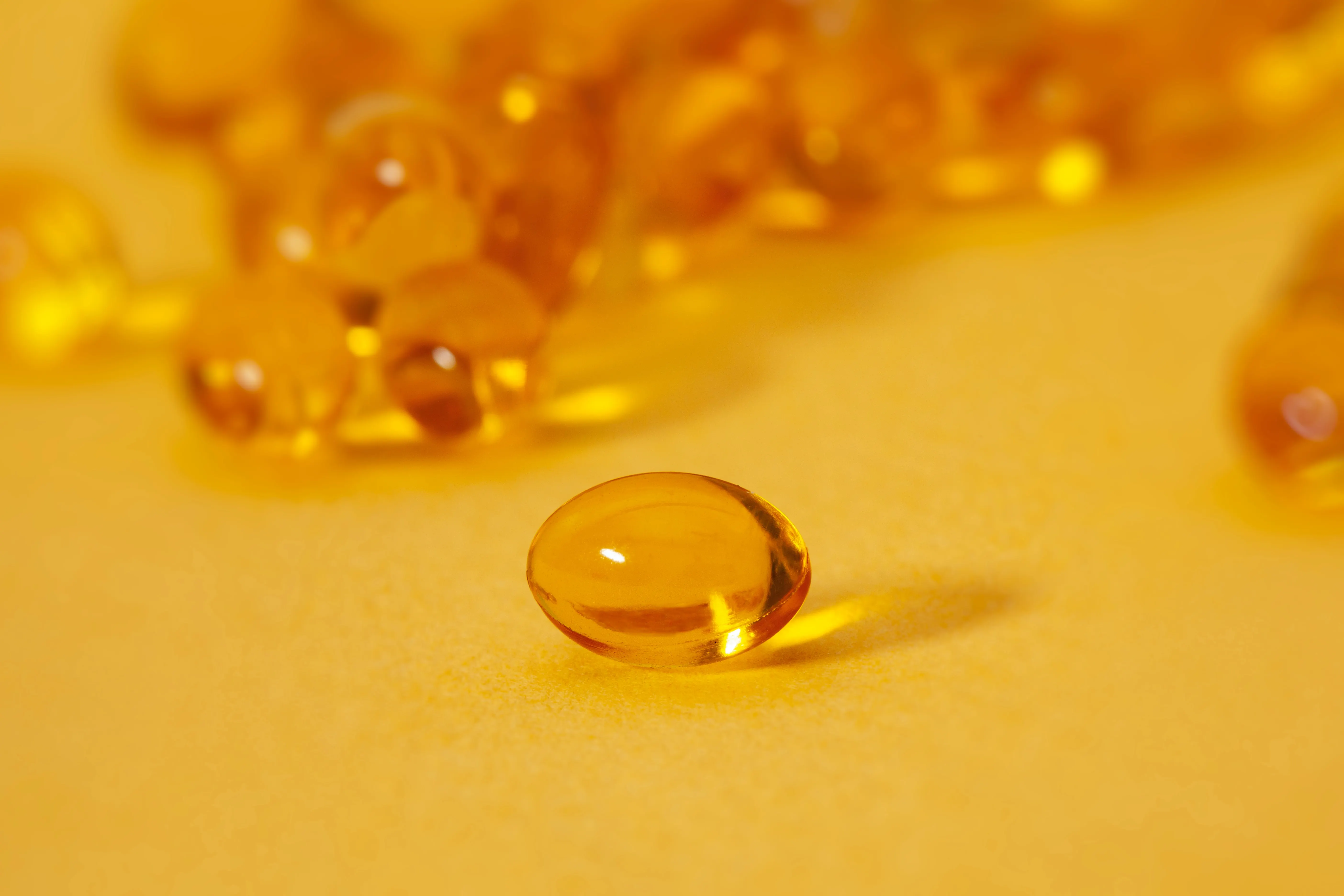
Vitamin D and Women Over 45
As we age, our bodies go through numerous changes, and for women over 45, the transition into menopause is a significant one. During this time, hormonal fluctuations and increased weight gain can affect how our bodies absorb and utilize Vitamin D. This means more attention is needed to our levels.
Studies have shown a direct correlation between lower levels of Vitamin D and an increased risk of osteoporosis and fractures, conditions that women are already more susceptible to as they age. Ensuring optimal levels of this vitamin can make a substantial difference in bone health and overall well-being. A recent new study has linked low Vitamin D to sepsis and mortality.
Signs of Vitamin D Deficiency
It's essential to recognize the signs of a Vitamin D deficiency early on. Fatigue, muscle weakness, and joint pain are common indicators. Additionally, shifts in mood and even a dip in cognitive function can be linked to inadequate levels of this crucial nutrient.
For women over 45, these symptoms can often be brushed off as normal signs of aging and menopause. However, understanding the role Vitamin D plays in our overall health empowers us to take action.

Causes of Vitamin D Deficiency
Several factors can contribute to a deficiency in Vitamin D. Limited sun exposure due to geographical location, lifestyle choices, or the use of sunscreen can impede the body's ability to produce this essential nutrient.
Moreover, dietary restrictions or preferences can also limit natural intake. Conditions such as celiac disease or Crohn's disease can hinder the absorption of Vitamin D, making supplementation even more crucial.
Can You Overdose on Vitamin D?
While it's crucial to ensure you're getting enough Vitamin D, it's equally important to strike a balance. Too much of a good thing can be harmful. Vitamin D toxicity is rare but possible, especially with excessive supplementation.
Knowing the recommended daily intake and consulting with a healthcare professional can help you navigate this fine line and ensure you get the right amount for your individual needs.
Practical Vitamin D Tips
Navigating the world of Vitamin D doesn't have to be complicated. It starts with small, manageable steps. Aim for a balanced approach that includes regular, safe sun exposure, a diet rich in Vitamin D sources, and, if necessary, targeted supplementation.
Remember, it's not about perfection; it's about progress. Finding what works best for you and your unique circumstances is the key.
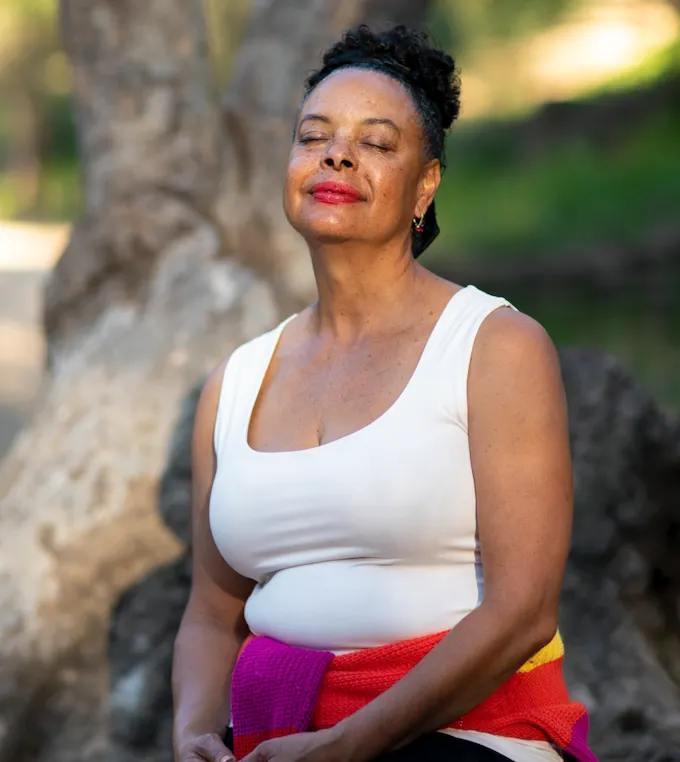
Embracing Change with Vitamin D
As we journey through the transformative phase of menopause, our bodies ask for a little extra care and attention. Vitamin D is one of the tools we have in our arsenal to support ourselves during this time. By understanding the importance of Vitamin D and taking proactive steps to ensure optimal levels, we're not just investing in our bone health; we're investing in our overall well-being and vitality as we embrace this new chapter of life.
Please Note
While this article provides valuable information about Vitamin D and its relevance to women over 45, it is not a substitute for professional medical advice. Consult with a healthcare professional for personalized recommendations based on your individual health needs.
If the article has resonated with you, now is the time to stop what you are doing and book an appointment with your healthcare provider. Also, feel free to comment or share this post too.
[Contact]







